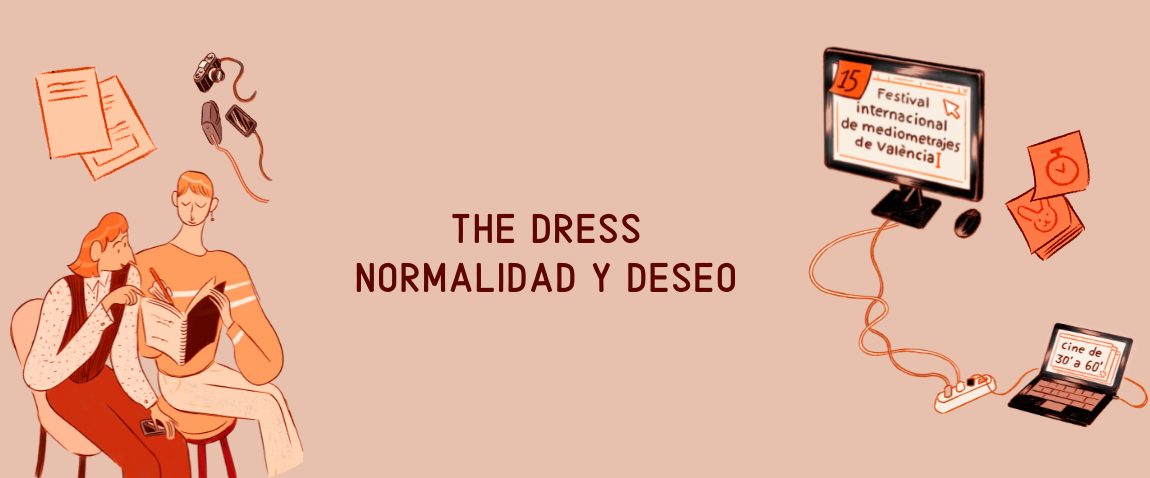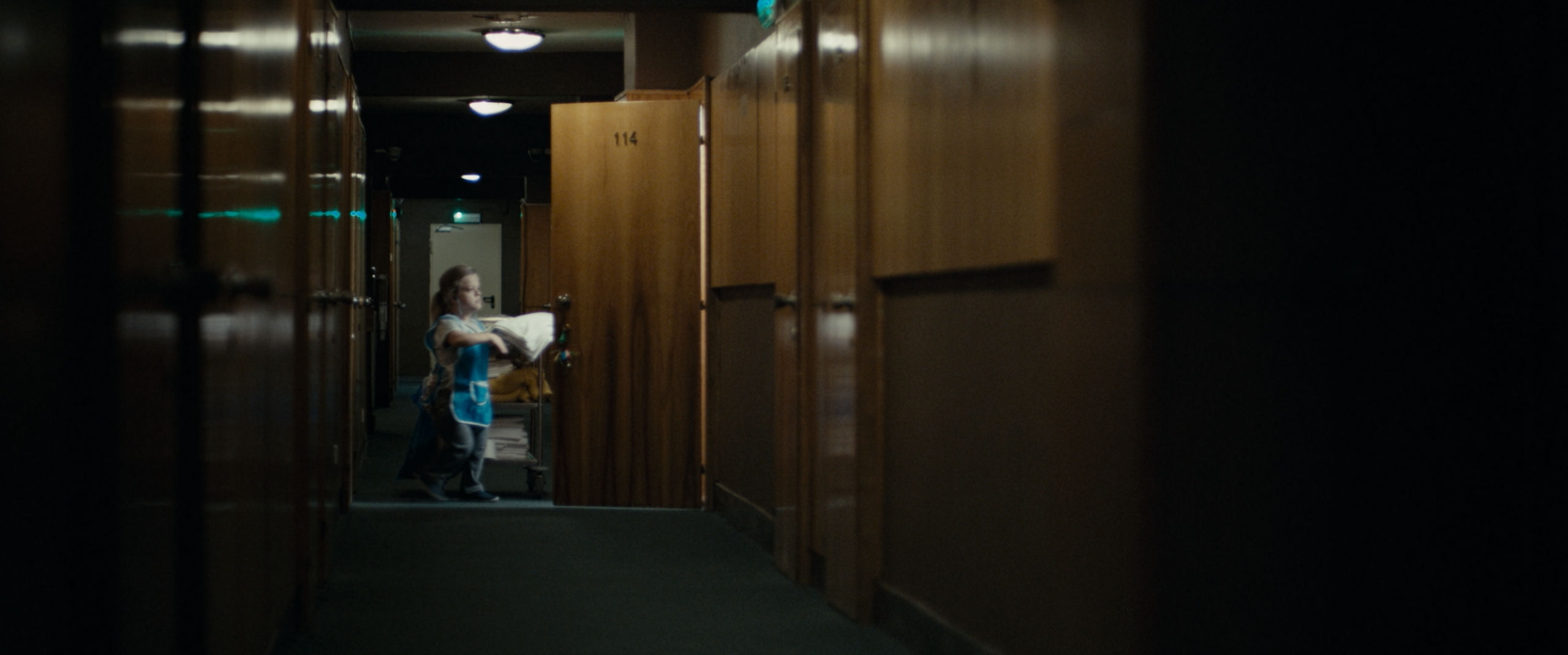The Festival de La Cabina, scheduled in Valencia between 8 and 18 November, celebrates the medium-length film format, films from 30 to 60 minutes, in which social value and emotional content are concentrated. Heterogeneous directions, mostly represented by women with different cultural and personal backgrounds, deliver extracts of interconnected human realities to a positively participatory audience. The 15th edition enhances the female universe, told in its most intimate and controversial dynamics; the protagonists of the films come into contact with their bodies and the deep abysses of the spirit, moving on unknown and often ominous paths.
Julia (Anna Dzieduszycka) works in a roadside motel, where no human figures appear but only unmade beds and used sheets, metaphors of crumbling and never consummated relationships. For Julia the workplace, characterized by a gray and lightless atmosphere, is protection and escape from herself, from a condition of irreversible diversity, which cannot be contained in any way.
Dwarfism is not just a structural defect, it is a bodily and emotional prison that does not allow her to fulfill her sexual desire and to have an intimate relationship with a man. Unexpectedly she meets a handsome truck driver and thinks she’s finally found love, someone who can see beyond appearances and accept her for who she is. That’s why she decides to wear a dress that suits her, enhance her condition as a woman, capable of making autonomous choices for herself and therefore being desired as such. The preparation scene is essential in this sense, as it underlines Julia’s first real contact with lipstick, mascara and the colors they add to the gloomy atmosphere, giving it hope, are the tools through which femininity is not created, but simply brought to light. The neckline of the dress represents the flesh, the skin, which is finally given the chance to breathe. Everything seems to contribute to the good, but something goes wrong: what appears to be a deep understanding is actually a perverse game of abuse and oppression. A passionate kiss, a delicate caress degenerate into a brutal act of violence. Julia’s disability, in the distorted mind of man, authorizes him to arrogance and control, to an unfair desire for sexual slavery. And yet, if at first the aim of the film may simply seem to focus on the current and well-known issue of the discrimination of the different, The Dress presents a stratified content structure. The director uses the theme of intolerance, as framework for developing two significant sub-themes: the normality-diversity dichotomy in the contemporary ideal, on one side; the dramatic consequences of macho delirium on every woman without distinction, whether she is handicapped or not, on the other side.
Fotograma The Dress, Sección Oficial 2022
In this sense, the heartbreaking monologue in which Julia, afflicted, expresses to her friend the desire for a condition of normality ([…] I want to have normal legs, I want to have a normal face, I don’t want to be a circus prop) breaks the heart and opens the mind, imposing some reflections.
The film directed by the Polish director Tadeusz Lysiak, prompts us to wonder what the parameter of normality actually is today, and how much the aesthetic models proposed by society affect the collective gaze and the sensitivity of the individual. One also wonders how much, obsession with hedonism and perfection, can have an impact on the sentimental education of the contemporary individual, irreversibly misleading him from the principle of respect for others in their uniqueness. In a demanding and inflexible society, the greatest severity is clearly reserved for women, whose refusal to conform (whether it is desired or imposed by nature) is criminalized and punished with the weapon of abuse or social distancing. Contrary to what one might imagine, the director does not choose a protagonist with dwarfism to victimize her condition, or to communicate to a wider audience how difficult it is for her to live.
The intent is, actually, different: to underline how if for every normal woman – thus defined – it is sadly easy to be reduced to an object of pure pleasure, how could it not be for a different woman, and for this reason, even more in need of tact and understanding.
After the rape, Julia undergoes an inner division between body and sexuality that, once again, become fierce enemies causing shame and suffering. Tears and mascara run down cheeks, breasts are immediately covered.
A cold but defined photograph frames the intense interpretation of Anna Dzieduszycka, who as a representative of a widespread reality, pierces the viewers, throwing them into turmoil.
Review written by Martha Anna Bertuna
Master in Communication of culture and entertainment at the University of Catania. Martha is a communicator, cultural journalist and film critic.

 Castellano
Castellano Català
Català

